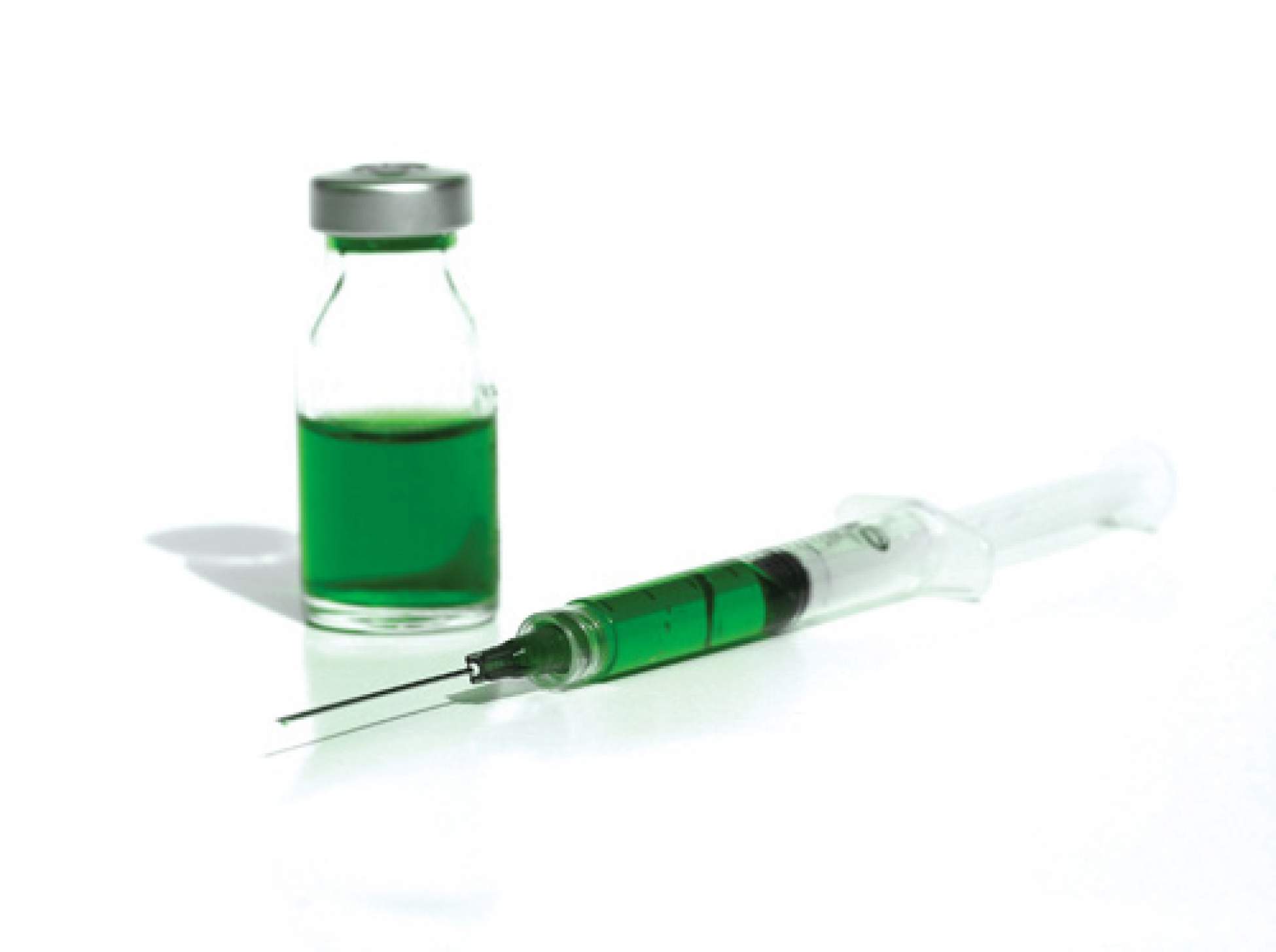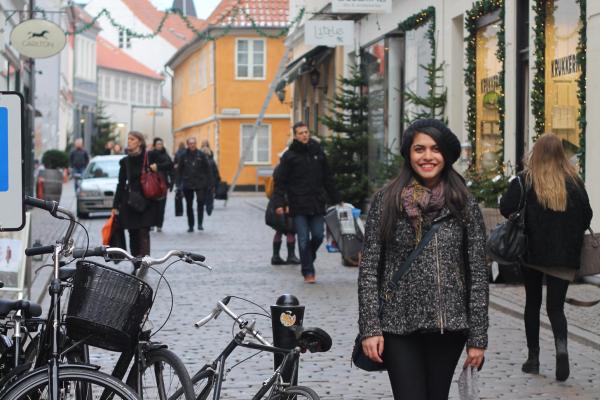How about a nice cold glass of typhoid fever to quench your thirst? You can probably think of better ways to get excited about going abroad—but once you've had your fill at the pub, a visit to your nearest travel clinic should be on your agenda (though not necessarily immediately).
Whether it's in needle, pill or the dreaded drinkable form, covering all your bases to protect yourself from disease should be every traveller's priority.
Medical staff at travel clinics are typically the most up-to-date sources for information and advice about what you need to stay healthy. Which inoculations you require depends on many things, including: where you are going, your mode of travel (are you backpacking through remote areas, or staying in 5-star hotels?) how long you will be there, your age and general health, pre-existing medical conditions and so on. An experienced travel doctor will be able to work out the best course for your particular situation.
It's important that you start organizing your inoculations well before you plan to leave. Some vaccinations require a bit of time to become fully effective. Some cannot be administered at the same time as others because of adverse interactions, meaning that a couple of trips to the clinic may be necessary. In the case of Hepatitis B, long-term protection requires three shots administered over several months.
In most cases, the decision to get travel inoculations is left up to the discretion of the traveller, no matter what a doctor recommends. This is not the case however, with yellow fever. An official certificate proving that a traveller has had the inoculation is necessary to enter 21 countries in Central Africa and South America. More than one-hundred other countries require this certificate for travellers who have simply passed through a designated yellow fever area on a non-direct flight. Travellers who don't have proper documentation can expect long delays and, in some cases, refusal to enter the country.
Organizing the inoculations you need takes time and, depending on what you require, it can be costly because few health care plans cover the fees. But planning ahead can save you from facing serious health problems down the road.
The Usual Suspects
Hepatitis A
Needed for travel to: Central and South America, African continent, the Middle East, Indian subcontinent, Caribbean, Southeast Asia, Oceania.
Timeline: One inoculation at least four weeks prior to departure. A doctor should be contacted regarding when a second dosage, offering protection for 20 years, should be taken.
Approximate cost: $45 each
Hepatitis B
Needed for travel to: African continent, Southeast Asia including China, Korea, Indonesia and the Philippines, the Middle East except for Israel, South and West Pacific Islands, interior Amazon basin, Haiti and Dominican Republic.
Timeline: Three inoculations are needed. The first two a month apart, the third one six months later.
Approximate cost: $25 each
Japanese B Encephalitis
Needed for travel to: Vietnam, Cambodia, Myanmar, India, Nepal and Malaysia. China, Korea, Japan, Taiwan and Thailand have also had major epidemics in the past.
Timeline: Three inoculations over a period of one month. The last inoculation must be administered at least ten days before departure.
Approximate cost: $90 each
Special considerations: NOT recommended for all travellers to Asia. Offered to travellers who will be spending a month or longer in an endemic area during the transmission season. Local reactions and mild side effects (including fever, headache and malaise) affect about 20 percent of people who receive the vaccine. Travellers with multiple allergies are at higher risk for allergic complications.
Typhoid Fever
Needed for travel to: Central America, Ecuador, Colombia, Peru, Chile, Sub-Saharan Africa, Indian subcontinent, Indonesia, Malaysia, Thailand, Oceania.
Timeline: One inoculation or oral dosage taken at least one week before departure.
Approximate cost: $30
Special considerations: Vaccination only about 70 percent effective.
Yellow Fever
Needed for travel to: Thirty-three African countries, nine South American countries and several Caribbean islands. Countries considered to be the greatest risk are Bolivia, Brazil, Colombia, Ecuador and Peru. Although there have been no reported epidemics from Asia, this region is considered at risk because the appropriate primates and mosquitoes are present.
Timeline: One inoculation at least one week before departure, good for ten years.
Approximate cost: $70
Special considerations: Inoculation should never be given to infants under six months of age, pregnant women or people hypersensitive to eggs. If you aren't able to be immunized because you are allergic, a written waiver from a consular or embassy official should be obtained before departure to allow entry into the destination country.
Malaria
Needed for travel to: Central and South America, Haiti, Sub-Saharan Africa, the Indian Subcontinent, Southeast Asia, the Middle East and Oceania.
Timeline: varies depending on medication.
Approximate cost: Dependent on what pill is prescribed and the dosage.
Special considerations: Travellers are strongly advised to use appropriate drug regimen and personal protection measures to prevent malaria, but regardless of the methods employed, malaria may still be contracted.
Is travel in your future? Check out these sites for more information about vaccinations you may need before hitting the road.
The Health Canada site features contact information for travel clinics across the country, including travel medicine clinics recognized by the Public Health Agency of Canada as yellow fever clinics who can administer the inoculation and proper certification. The site also features up to date travel health recommendations, disease outbreaks and news from international public health authorities.
A detailed description of tropical diseases and travel ailments including symptoms, transmission, vaccines and other preventative measures can be found at the Health Resource for International Travellers site.
Details regarding endemic regions, prevention and treatment of hepatitis A and B, as well as links to health travel sites, can be found at http://www.healthyholiday.ca.
IAMAT provides travellers with impartial health information and access to an international network of English-speaking doctors.
Add this article to your reading list



